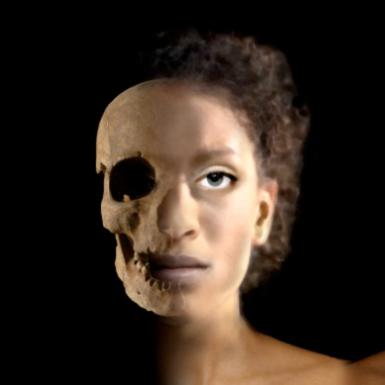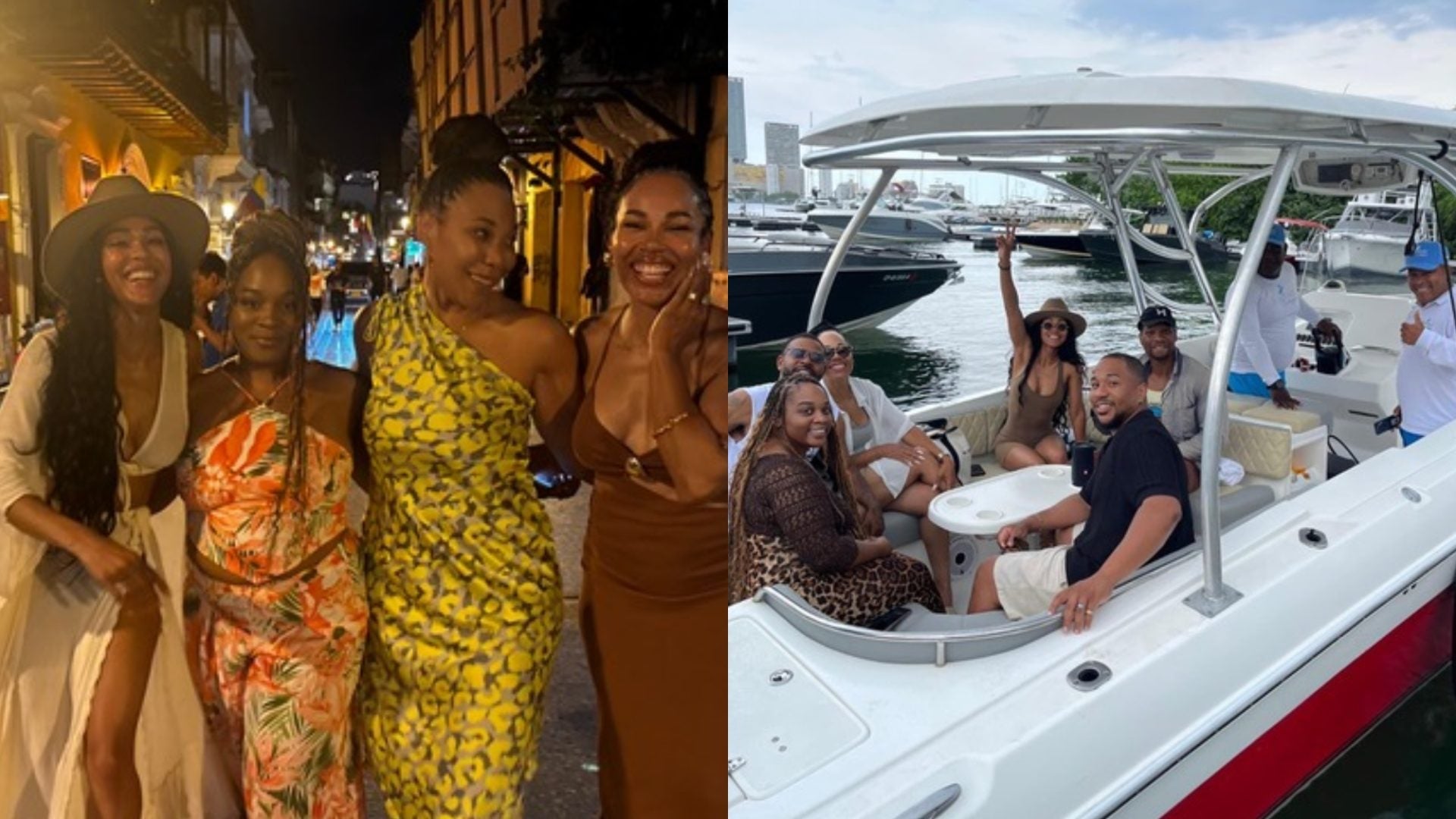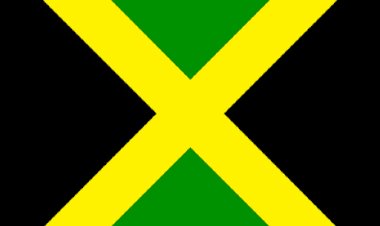Black History Month – The History and Modern Impact of Black British Literature and Publishing
Tracing the voices, movements, and publishers that shaped a century of Black British storytelling. Black British literature is one of the most vital forces for change and history in contemporary culture. A conversation stretching from colonial archives to bestseller lists, from grassroots bookshops to televised dramas. It tells the story of migration, resistance, joy, and […]

Tracing the voices, movements, and publishers that shaped a century of Black British storytelling.
Black British literature is one of the most vital forces for change and history in contemporary culture. A conversation stretching from colonial archives to bestseller lists, from grassroots bookshops to televised dramas. It tells the story of migration, resistance, joy, and reinvention, powered by writers and publishers who insisted that Black voices belong at the heart of Britain’s literary landscape.
The Early Foundations: C. L. R. James and the Caribbean Intellectual Tradition
The modern story begins in the early twentieth century with Caribbean thinkers who made London their political and creative workshop. C. L. R. James, the Trinidadian historian and critic, was central to this intellectual wave. His groundbreaking The Black Jacobins (1938) reframed the Haitian Revolution as a cornerstone of world history and gave the anti-colonial movement its scholarly foundation. James’s writings and his presence in mid-century London linked politics, sport, and culture, shaping the philosophical outlook of generations of Black writers in Britain.
He was joined in scribe by contemporaries such as Una Marson, Jamaica’s pioneering feminist poet and broadcaster; George Lamming, whose In the Castle of My Skin (1953) explored colonial youth and exile; and Sam Selvon, whose The Lonely Londoners (1956) captured post-war migrant life in a rhythm and dialect all its own. Together, these figures gave literary form to the Caribbean diaspora’s encounter with Britain, setting the stage for Black British literature to thrive and document history as it happens.
Radical Print Culture: New Beacon Books and the Birth of a Movement
By the 1960s, Black communities in Britain understood that self-representation required self-publishing. In 1966, John La Rose and Sarah White founded New Beacon Books in North London, Britain’s first Caribbean publishing house and specialist Black bookshop. Its mission was clear: to publish, import, and distribute books by and about people of African and Caribbean descent.
New Beacon became a hub for activism and creativity, anchoring the Caribbean Artists Movement (with writers such as Kamau Brathwaite and Andrew Salkey) and later collaborating with Bogle-L’Ouverture Publications, founded by Jessica and Eric Huntley. These presses provided a lifeline for Black writers and readers shut out of mainstream publishing, creating an ecosystem that fused literature with liberation politics.
The bookshop has been at the centre of many ground-breaking political and social projects, organisations and campaigns including the George Padmore and Albertina Sylvester Supplementary Schools, Caribbean Artists Movement (1966-1972), CECWA campaign against putting black children in Educationally Sub Normal (ESN) schools, The International Book Fair of Radial Black and Third World Books (1982-1995), the Black Parents Movement and Black Youth Movement, who campaigned against police racist brutality and fit-ups (1975- 1990s), the Alliance, the New Cross Massacre Action Committee (1981 ), the Committee for the Release of Political Prisoners in Kenya (1980s), George Padmore Institute GPI; archive of the struggle of people of African, Caribbean and Asian descent in Britain (1991) and European Action for Racial Equality and Social Justice (1990s).
In recent years, the company has overcome many financial challenges, the latest in December 2021, when it faced closure. However, the community raised £75,000 to keep this historic landmark of Black British history open. The store continues to thrive, hosting events for Black authors such as Paige Lewin, who published her book How To Love Your Afro in 2025.
From Dub Poetry to Popular Fiction: The 1980s and 1990s
In the 1980s, the spoken word and performance poetry movement led by figures like Linton Kwesi Johnson, Jean “Binta” Breeze, and Benjamin Zephaniah, turned Caribbean oral traditions into political art, backing up their literary activism with direct action. Zephaniah famously turned down an OBE in 2003 because he refused to have the word ‘Empire’ associated with his name, as it represented slavery and colonialism. Parallel to this, novelists such as Buchi Emecheta and Grace Nichols expanded the representation of Black womanhood and migration in British fiction.
Commercial Success and Mainstream Recognition: X Press, Dorothy Koomson and Beyond
Then came a revolution in readership: X Press, founded in 1992 by Dotun Adebayo and Steve Pope, proved that Black British stories could command mass-market success. Its breakout novel, Victor Headley’s Yardie, was sold in street markets, barbershops, and record stores, bringing urban Caribbean London into the mainstream. Patrick Augustus’s Babyfather soon followed, later adapted for television. X Press blurred the boundaries between street culture and publishing, showing that popular literature could be both authentically Black and commercially viable.
As the new millennium dawned, Black British writing entered a period of unprecedented visibility. Dorothy Koomson, born in London to Ghanaian parents, emerged as one of the UK’s most successful contemporary authors. Her breakout novel My Best Friend’s Girl (2006) sold over a million copies and established her reputation as a writer of deeply emotional, psychologically rich stories. With later titles such as The Ice Cream Girls and The Brighton Mermaid, both adapted for television, Koomson helped redefine popular fiction by placing Black British women at its centre. Her enduring success challenged publishing stereotypes about who reads and who gets to be a bestseller.
At the same time, authors like Zadie Smith (White Teeth, 2000), Andrea Levy (Small Island, 2004), and Bernardine Evaristo (Girl, Woman, Other, 2019) brought critical acclaim and literary prestige. Their work transformed Black British narratives from the periphery of publishing into its prize-winning core.
The New Era of Independent Publishing: Jacaranda Books and the Rise of Diversity-Led Lists
Building on the legacy of New Beacon Books, a new generation of independent presses has re-energised the publishing landscape. Foremost among them is Jacaranda Books, founded in 2012 by Valerie Brandes. Jacaranda’s mission is to amplify underrepresented voices, particularly from the African diaspora, across genres. In 2020, its landmark “Twenty in 2020” initiative published 20 books by 20 Black British authors in a single year a bold corrective to decades of systemic underrepresentation.
Jacaranda’s authors, including Lara T. Kareem, Courttia Newland, Lisa Bent and Sharon Duggal, have diversified the national literary conversation while inspiring other imprints and larger publishers to rethink their lists.
Dialogue Books founded by Sharmaine Lovegrove in 2017 as an imprint of the Little, Brown. book group, has added an impressive roster of authors and best selling titles to the Black British literary landscape. Titles such as Natives by Rapper and Author Akala, Paul Mendes’s Rainbow Milk and Ienosen Okojie’s Nudibranch are standouts. Other examples include Bernardine Evaristo’s Girl, Woman, Other, winner of The Prestigious Booker Prize 2019, and works by authors like Hannah Azieb and Kym Ragusa.
These books span genres from fiction and non-fiction to poetry and essays. Jacaranda and Dialogue Books demonstrate that small, mission-driven publishers continue to set the pace for innovation and inclusion in British publishing.
From Page to Screen and Stage: A New Cultural Confidence
Adaptations have been crucial to the ongoing success of Black British literature. Many popular titles have made it to the screen, prolonging the life of these stories and introducing beloved characters to new digital audiences.
Andrea Levy’s Small Island became a celebrated BBC drama; Victor Headley’s Yardie was turned into a film directed by Idris Elba; Malorie Blackman’s Noughts & Crosses reached television audiences; and Candice Carty-Williams’s Queenie found new life as a Channel 4 and Hulu series.
These works testify to the expanding reach of Black British stories across media, markets, and generations. Bernardine Evaristo’s Mr Loverman, a story about a secret gay love affair among older Caribbean men, was adapted by the BBC and recently earned awards for its stars Lennie James and Ariyon Bakare.
Celebration and Continuity: The Black British Book Festival
Founded in 2021 by Selina Brown, the Black British Book Festival has rapidly become the UK’s largest celebration of Black literature and publishing. Its events at major venues such as the Southbank Centre, as well as regional tours across the country, bring together authors, publishers, and readers in a shared space of creativity and exchange.
The festival continues the lineage begun by John La Rose’s bookshop and the community presses of the 1970s, but with a 21st-century reach, ensuring that Black British authors occupy both the cultural and commercial mainstream.
Continuities, Legacies, and Futures
From the radical scholarship of C. L. R. James to the vibrant entrepreneurship of Jacaranda Books, from Dotun Adebayo’s streetwise publishing model to the glamour of television adaptations and literary festivals, Black British literature has carved out an enduring space in the nation’s cultural fabric.
It stands as both history and prophecy: an archive of migration and memory, and a living testament to creative self-determination. The journey from the small study circles of the 1930s to the bustling stages of the Black British Book Festival proves that Black British writing is not a sidebar to the story of British literature it is one of its central, defining chapters.























